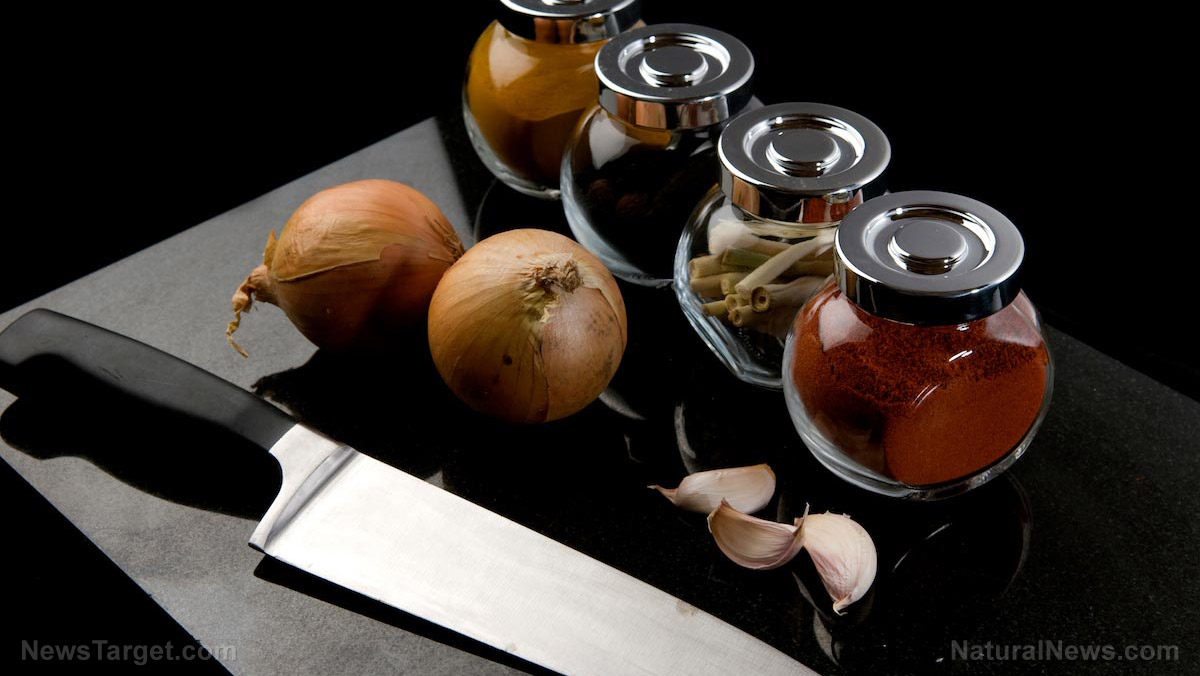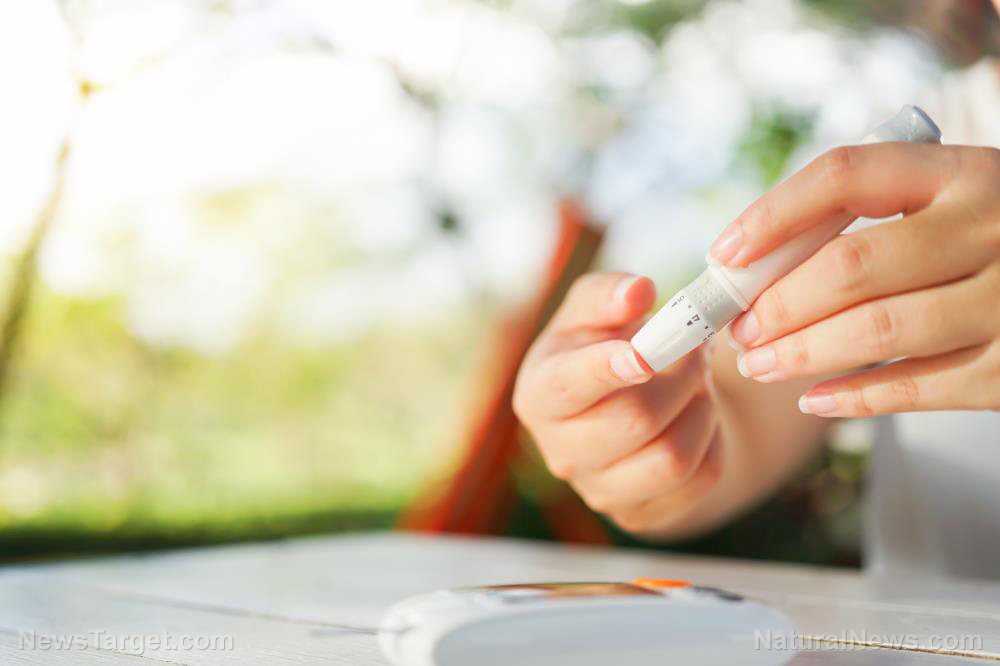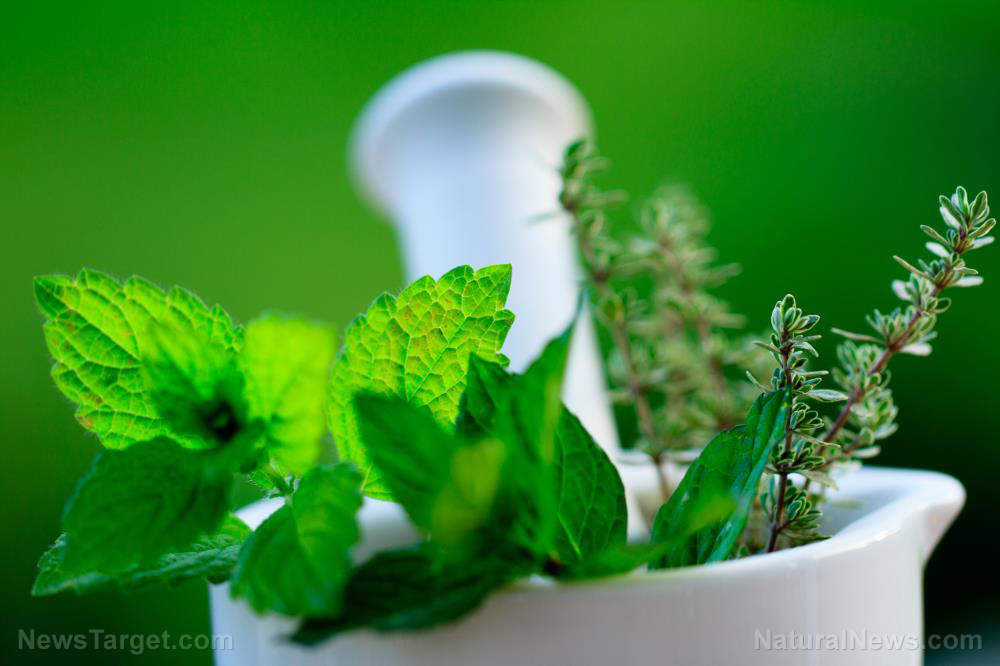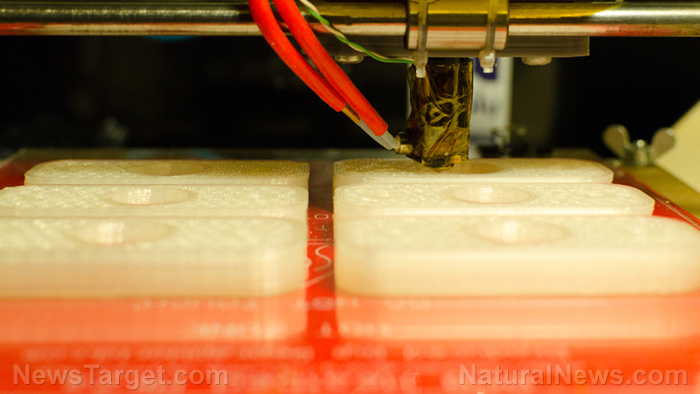Another study validates the use of the Java plum for helping diabetics lower blood sugar levels
11/29/2018 / By Ellaine Castillo

Eating sweets is a guilty pleasure for many. Unfortunately, sugar also causes diabetes, which is one of the biggest causes of death worldwide. Synthetic drugs are available for diabetes treatment but these tend to cause more problems for the patients with their adverse side effects. Avoiding these side effects is now easier since many plants have been discovered to have antidiabetic potential. One of these is the java plum (Syzygium cumini), which was proven to have anti-hyperglycemic and anti-inflammatory activities that could aid diabetic patients.
Although diabetes is generally avoidable with a healthy lifestyle, it remains as one of the most prevalent diseases in the world. In fact, over 415 million people have been diagnosed with it. Those with diabetes exhibit elevated glucose levels, which can either be caused by faulty insulin production or increased insulin resistance. Impaired glucose metabolism in diabetic patients has also been associated with oxidative stress and inflammation. After one is diagnosed with the disease, it is important to immediately undergo treatment to avoid further complications like organ failure and cardiovascular disease.
More and more inquiries are exposing the unwanted side effects of synthetic antidiabetic drugs. Because of this, researchers are now exploring traditional herbal medicines as potential alternatives to harmful synthetic drugs. Previous studies have shown that the java plum has antidiabetic effects. However, the mechanisms behind these effects were not fully determined.
In this study, which was published in the Journal of Evidence-Based Integrative Medicine, the researchers looked at the possibility that these antidiabetic effects were caused by anti-hyperglycemic and anti-inflammatory activities. They evaluated these using female Wistar rats with alloxan-induced diabetes as an animal model. Alloxan was used since it can inflict damage specifically on the beta cells of the pancreas, thereby causing insufficient insulin production and elevated glucose levels.
The treatments given to the rats were phenolic java plum leaf extracts, distilled water for the negative control, and metformin for the positive control. Metformin is a common prescription drug for diabetes, which can sometimes cause extremely low blood sugar levels. The treatment period lasted for 14 days. Serum samples were acquired at different time intervals. After the treatment, the rats were sacrificed for evaluation of java plum extracts’ anti-hyperglycemic and anti-inflammatory effects. The researchers also looked at potential antioxidant activity to determine the extracts’ effects on oxidative stress.
The results of the experiment showed that treatment with phenolic java plum extracts effectively reduced glucose levels. This could be attributed to the anti-hyperglycemic activity of java plum, which was shown to promote glucose metabolism and insulin production by helping beta cells regenerate. The extracts’ anti-inflammatory activity also reduced pro-inflammatory signals present in diabetic rats. The researchers also saw that the imbalance between free radicals and antioxidants observed in diabetic rats, as well as the increase in lipid peroxidation-induced cell membrane damage, was improved in java plum extract-treated rats. These prove the antioxidant activity of java plum.
These results provided further insight into the mechanism behind java plum’s antidiabetic activity, cementing its potential as a treatment for diabetes. It is now known that its antidiabetic activity can be attributed to anti-hyperglycemic and anti-inflammatory activities. Antioxidant activity, caused by the presence of different phytochemicals, also plays a role in the antidiabetic activity of java plum. (Related: One of the most widely used medicinal plants, java plum contains high amounts of antioxidants.)
Other benefits of the java plum
Aside from its potential use in diabetes treatment, java plum also has the following health benefits:
- Antimicrobial activity– The leaves of the java plum contain compounds like anthocyanins, which are known for their antimicrobial activity. Because of these compounds, java plum can also be used for treating skin diseases and wounds. Soap and cream products with java plum extracts are now being developed by the research institute that discovered these antimicrobial properties.
- Cure for gastrointestinal problems – Juice from the java plum fruit was traditionally used for relieving constipation. The leaves may also be used for treating problems with the mucosal lining of the stomach, as well as stomachaches.
- Neurodegenerative disease prevention – The antioxidant activity of the java plum protects the brain from free radical damage, which leads to the development of diseases like Alzheimer’s and Parkinson’s.
Learn more about how java plum reduces blood sugar in diabetic patients by visiting DiabetesCure.news today.
Sources include:
Submit a correction >>
Tagged Under:
anti-hyperglycemic, anti-inflammatory, antidiabetic, antioxidant, blood sugar, diabetes, food as medicine, food cures, glucose, hyperglycemia, java plum, Syzygium cumini
This article may contain statements that reflect the opinion of the author
RECENT NEWS & ARTICLES
COPYRIGHT © 2017 DIABETES SCIENCE NEWS





















